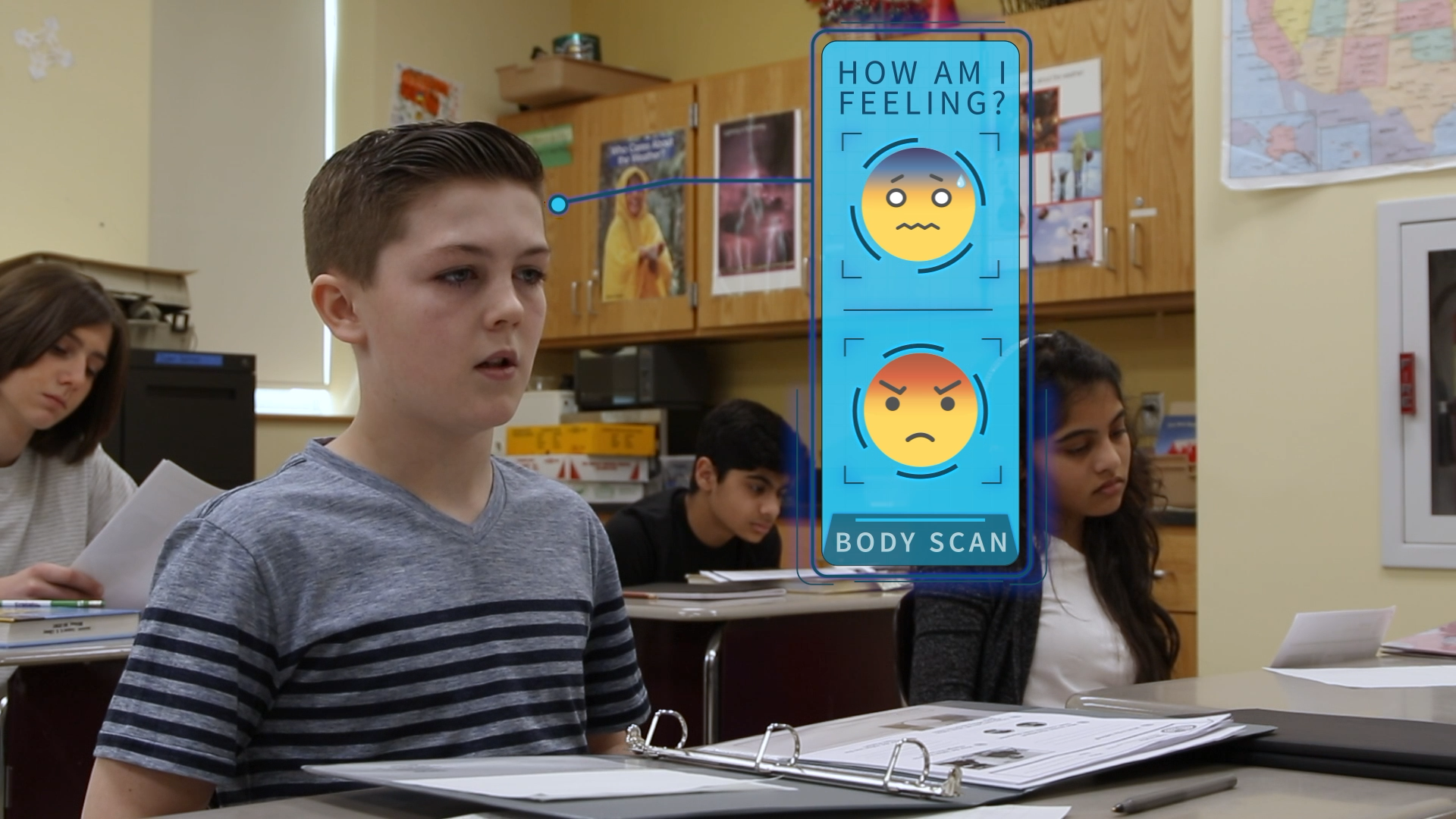Special education professionals play a crucial role in helping kindergarten students develop essential skills for learning and social interactions. One such skill is self-control, a key component of a child’s wellbeing and success in school.
Understanding the Self-Control Skill
Self-control is the ability to manage one’s thoughts, emotions, and actions in different situations. It enables students to maintain focus, make sound decisions, and cope with challenges. Developing self-control is vital for kindergarten students as it impacts their learning, social interactions, and overall wellbeing.
The Role of Specialists
Various specialists can support the development of self-control in kindergarten students:
- Speech-Language Pathologists can help students develop communication skills to express their emotions and needs effectively.
- Social Workers can work with families to create a supportive home environment that fosters self-control development.
- Psychologists can provide strategies for managing emotions and coping with stressors that can challenge self-control.
- School Counselors can guide students in developing problem-solving and decision-making skills that promote self-control.
IEP Goals for Self-Control Skill
Here are some specific SMART IEP goals to improve self-control in kindergarten students:
Goal 1: Self-Awareness
By [date], the student will demonstrate self-awareness by identifying their emotions and physical sensations in [number]% of observed situations.
Strategies and activities: Practice deep breathing exercises, use visual aids to identify emotions, and role-play scenarios.
Goal 2: Self-Regulation Strategies
By [date], the student will independently use self-regulation strategies in [number]% of observed situations when feeling overwhelmed or upset.
Strategies and activities: Teach coping strategies (e.g., counting to 10, taking a break), model self-regulation, and provide visual reminders.
Goal 3: Seeking Help
By [date], the student will appropriately seek help from an adult when feeling overwhelmed or unable to regain self-control in [number]% of observed situations.
Strategies and activities: Teach students how to ask for help, role-play seeking assistance, and provide positive reinforcement.
Implementing and Measuring Progress
To implement these goals, collaborate with the specialists mentioned earlier and involve families in the process. Regularly monitor progress through observations, data collection, and ongoing communication with the student and team members.
Conclusion
Developing self-control skills in kindergarten students is vital for their academic and social success. By setting effective IEP goals and working with specialists, educators can make a significant impact on students’ learning and wellbeing. Don’t hesitate to implement these IEP goals and support your students in their journey towards improved self-control.
To explore more resources on IEP goals and strategies, check out the Everyday Speech Sample Materials.






